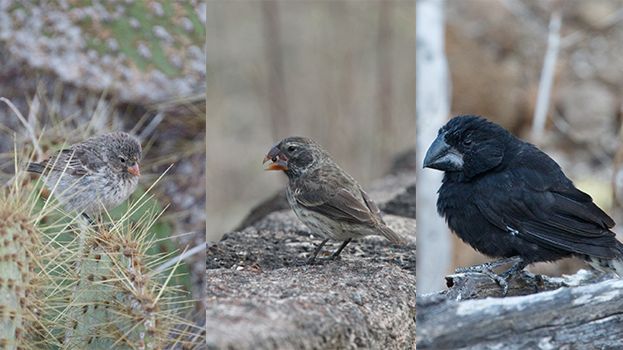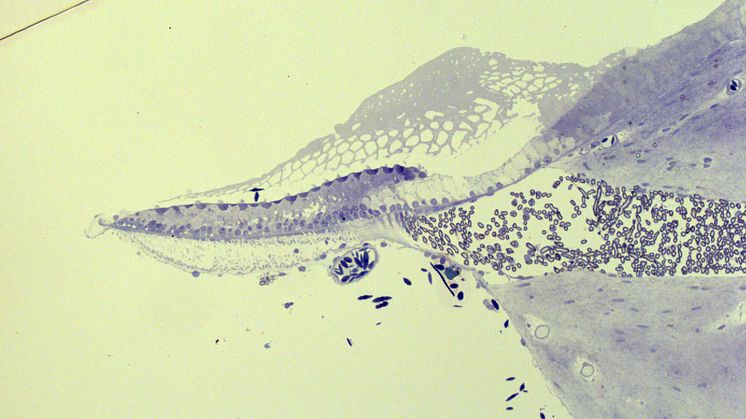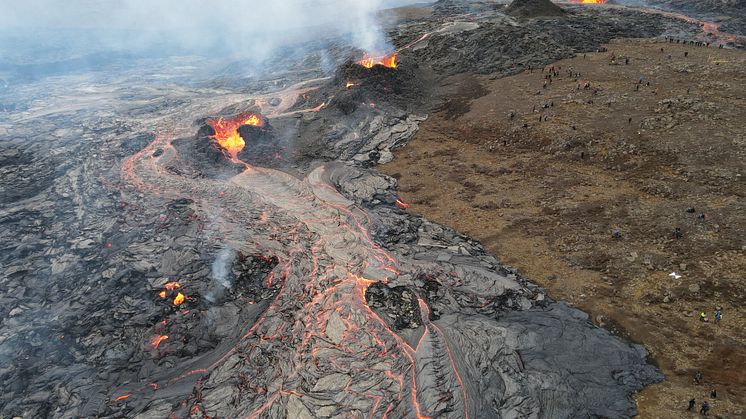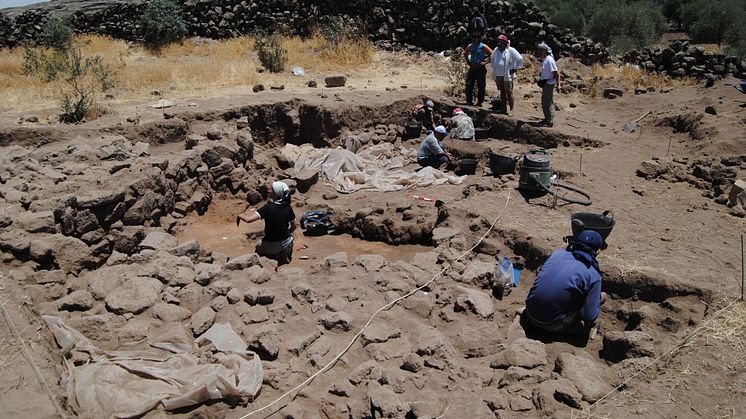Ancestral genetic variation essential for rapid evolution of Darwin’s finches
In a study an international team of researchers have identified 28 gene regions that have been particularly important in the evolution of Darwin’s finches. These genetic variants do not represent recent mutations but constitute ancestral genetic variation that has accumulated over time as different species of Darwin’s finches have evolved with striking differences in beak morphology.





